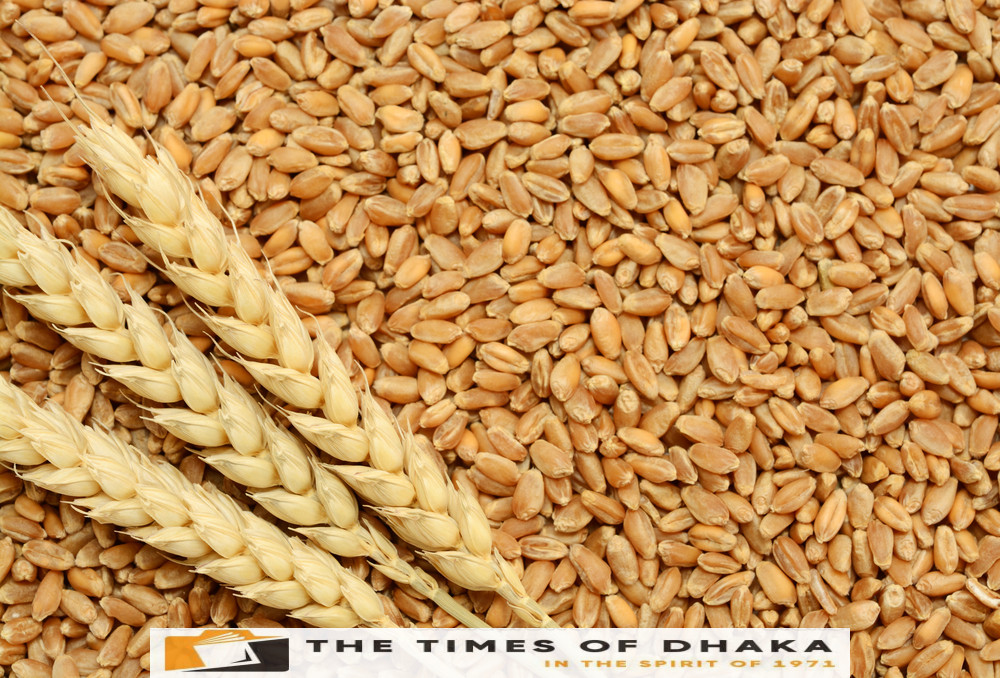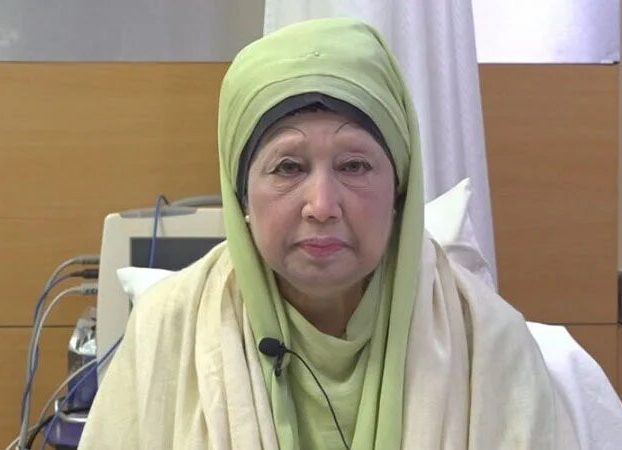
The government has decided to buy 1 million to 2 million tons of wheat in the current and next financial year. The Ministry of Food has taken this decision considering the food safety in a possible war situation between Iran and Israel. Government-to-Government (G2G) agreement has already been signed with Russia for wheat import. Out of the 1 million tons of wheat being imported in the current fiscal year, 556,000 tons of wheat have already arrived in the country. One lakh 20 thousand tons of wheat is waiting to be released at Chittagong port. The remaining 3 lakh 24 thousand tons are under import process.
Out of the 1 million tons of wheat purchased in the current financial year, 8.5 million tons are coming from Russia. Of this, six lakh tonnes are being procured through JTUJ and two and a half lakh tonnes through international tenders. Besides, the government has signed an agreement to import a total of 50 thousand tons of wheat from Bulgaria, Ukraine and Uruguay.
Besides, it is planned to buy another 10 lakh tons of wheat in the next financial year, according to the relevant sources of the Ministry of Food. The concerned also informed that these decisions were taken in the meeting of Planning and Planning Committee (FPMC) held on 21 April. Last year, six lakh 86 tons of wheat was officially imported.
Global food security is threatened by the Ukraine-Russia war. The war between Iran and Israel in the Middle East has created a situation like ghee in a burning cauldron. The whole world is worried about food and energy security again. In the last cabinet meeting, Prime Minister Sheikh Hasina directed the cabinet members to keep an eye on the war in the Middle East. He ordered the ministries and departments to take advance plans to determine what to do after analyzing the nature of the war. The Prime Minister himself has said that he is keeping an eye on the war situation. In the described situation, the Ministry of Food is becoming active in ensuring food safety.
When asked, Food Secretary Ismail Hossain told media that there are currently about 1.2 million tons of food grains stored in government warehouses. Newly 1.75 million tons of food grains are being procured from the domestic market. Among them, 11 lakh tons of boiled rice, 1 lakh tons of parboiled rice, 5 lakh tons of paddy and 50 thousand tons of wheat are being bought. There is no shortage of paddy and rice in the country. Rice production is also good. The problem is wheat. So the government has decided to collect 10 lakh tonnes of wheat in the current financial year. The government will collect the same amount of wheat by importing the next financial year as well. In response to a question, the food secretary said that this initiative has been taken to ensure food security in the new war situation between Iran and Israel.
However, there are various questions regarding the import of wheat in the GTUG system. There are allegations of irregularities in procurement without open tender. Government to government imports, but some individuals in the two countries are involved in the middle. They are accused of giving and taking favors. In that regard, the Food Secretary told media , there is one person appointed at the Russian Embassy. I don’t even know him well. He also has no role in government procurement. He only works on behalf of the Russian Embassy in Chittagong port. Those concerned said, if you can import government to government from Russia, where is the problem of the representative of Bangladesh government doing the work of clearing the Chittagong port? Why need an intermediary? A former director general of the food department told media that the import is too much. But all tables have to be imported with facility. Everyone at the higher level is more or less aware of this. It is a sad situation for the country. He also said, I have written the recommendations to stop this irregularity. But it is not accepted and is not happening.
However, experts say that the main crop of the country is boro rice. Boro production consumes electricity and diesel. Fuel is also used to generate electricity. If Iran and Israel go to war, there will be no fuel. But then Boro production will be uncertain. As an alternative, the government should increase the cultivation of monsoon season rice, especially Aman and Aush rice. Because there is no fuel consumption in Aush and Aman. So the government should pay attention to this.
Former Agriculture Secretary Anwar Farooq told media that attention should be paid to non-irrigated crops. Aush and Aman production should be increased. Farmers should be encouraged to use organic fertilizers as alternatives to manure. It must be remembered that food safety cannot be ensured by importing alone. In the coming days, even if there are dollars, the availability of fuel and fertilizer is fairly uncertain.

 Reporter Name
Reporter Name 


















